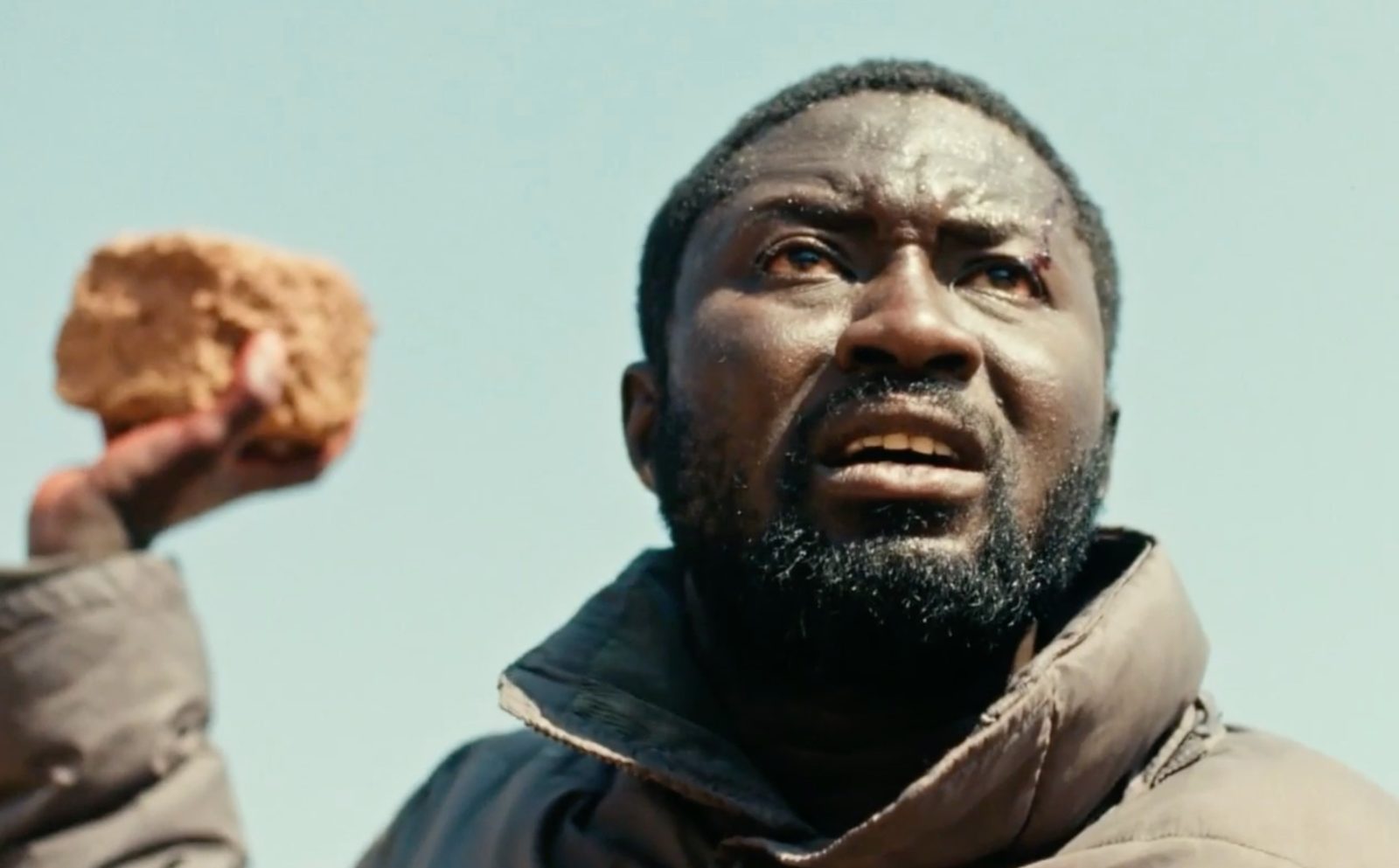Diya is a morally complex drama that interrogates the collision between ancient customs and modern realities in contemporary Chad.
By Jerry Chiemeke
In the opening frames of Achille Ronaimou’s feature debut, Diya (Le Prix Du Sang), we are confronted with an ancient equation: life for life, blood for blood. Yet what unfolds across this 96-minute moral labyrinth is far more complex than the stark mathematics of retribution might suggest.
Ronaimou, whose previous work includes the documentaries: Minors in Prison (2013) and Kanoun (2012), brings an ethnographer’s eye to this fictional excavation of Chadian justice, tradition, and the crushing weight of circumstance.
Set against the dusty backdrop of N’djamena, the film transforms a traffic accident into something approaching Greek tragedy. When Dane Francis (Ferdinand Mbaïssané), a blue-collar driver from Moundo, strikes and kills schoolboy, Younous, the machinery of traditional justice begins its inexorable grind. The boy’s father, Béchir Salam (Youssouf Djaoro), invokes the diya, the blood price that must be paid to prevent further bloodshed. What begins as an accident becomes debt, debt becomes desperation, and desperation becomes something far darker.

Ronaimou’s direction displays the confident hand of someone who understands that the most powerful dramas emerge not from grand gestures but from the accumulation of small indignities. Dane’s dismissal from work, his wife’s humiliating attempts to bribe police for the return of his license, the community’s grudging collection of funds—each detail adds another stone to the mountain of pressure threatening to crush his protagonist.
It’s precisely this attention to the bureaucratic machinery of oppression that elevates Diya beyond simple moral fable into something more uncomfortably recognisable. Ronaimou resists easy moralising, instead presenting a society where corruption, poverty, and rigid adherence to custom create seemingly impossible choices.
Ferdinand Mbaïssané anchors the film with a performance of remarkable restraint. His Dane is no noble sufferer but a man whose decency is slowly eroded by circumstance. Mbaïssané’s face becomes a map of mounting desperation: the way his shoulders hunch as each door closes, the particular weariness that settles around his eyes as time runs short. It’s a performance that understands how ordinary men become capable of extraordinary things, for better and worse.
Equally impressive is Moussaka Zakaria Ibet as Oumarou, Dane’s cynical cellmate whose fluid ethics ultimately precipitate the film’s most dramatic revelations. Ibet brings a magnetic unpredictability to the role, embodying the kind of moral pragmatist who thrives in systems where traditional justice meets modern corruption. His performance suggests depths that Ronaimou, to the film’s credit, refuses to fully plumb, leaving us to grapple with the implications ourselves.

Solmem Marina Ndormadingar provides the film’s emotional anchor as Delphine, Dane’s pregnant wife, whose loyalty remains unwavering even as danger escalates. Ndormadingar brings a grounded humanity to scenes that might otherwise devolve into melodrama, particularly in moments where Delphine must achieve a balance between consternation and empathy.
The film’s visual elements serve its moral complexity. Cyrille Hubert’s cinematography captures both the suffocating heat of N’djamena’s streets and the cooler expanses of Chad’s north, while Guillaume Talvas’s editing maintains the mounting tension without sacrificing clarity. The score by Afrotronix adds layers of foreboding that never overwhelm the performances, understanding that the film’s greatest power lies in its human moments rather than its mythic resonances.
Yet, Diya is not without its limitations. While Djaoro brings appropriate gravity to Béchir, the character remains somewhat underexplored, functioning more as an embodiment of tradition than as a fully realised individual grappling with his own moral choices.
Similarly, certain plot mechanics, particularly the film’s climactic heist involving what appears to be an entirely unsuitable vehicle, strain credibility in ways that threaten to undermine the careful moral ambiguity Ronaimou has constructed throughout the film.
But these are minor quibbles with a film that succeeds admirably in its larger ambitions. Diya uses the specificity of Chadian culture to examine universal questions about justice, morality, and the ways in which good people can find themselves doing terrible things. Ronaimou understands that the most interesting existential questions are not those with clear answers but those that force us to confront the uncomfortable ambiguity of human behaviour under pressure.

The film’s final act delivers a twist that reframes everything that has come before, forcing both Dane and the audience to reckon with the true cost of the choices made. It’s a bold narrative gambit that works precisely because Ronaimou has earned our investment in these characters’ fates. We may not approve of Dane’s ultimate decisions, but we understand them, and that understanding is perhaps more troubling than simple condemnation would be.
Diya succeeds most completely as a character study of a man whose principles are tested by circumstances beyond his control. While the film occasionally overreaches and stumbles, its refusal to provide comfortable resolutions marks it as a noteworthy debut. Ronaimou has crafted a film that trusts audiences to grapple with difficult posers about tradition and survival in contemporary Africa, even if his technical execution doesn’t always match his thematic ambitions.
Diya screened at the 2025 Toronto International Film Festival.
Jerry Chiemeke is a Nigerian-born writer, film critic, journalist, and lawyer based in the United Kingdom. His writing has appeared in Die Welt, The I Paper, The Africa Report, The British Blacklist, Berlinale Press, The Johannesburg Review of Books, Culture Custodian, Olongo Africa, and elsewhere. Chiemeke’s work has won or been nominated for the Pushcart Prize, Ken Saro Wiwa Prize, Diana Woods Memorial Award for Creative Nonfiction, Best Small Fictions, and the Quramo Writers Prize. He is the author of the critically-acclaimed short story collection, Dreaming of Ways to Understand You.



